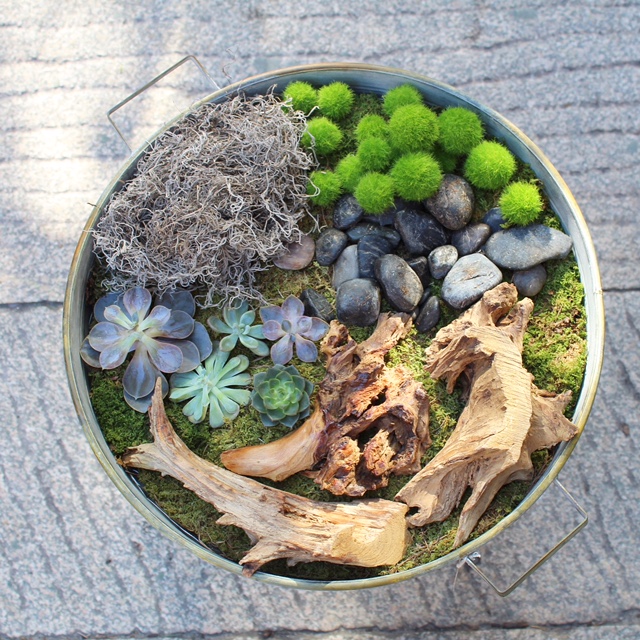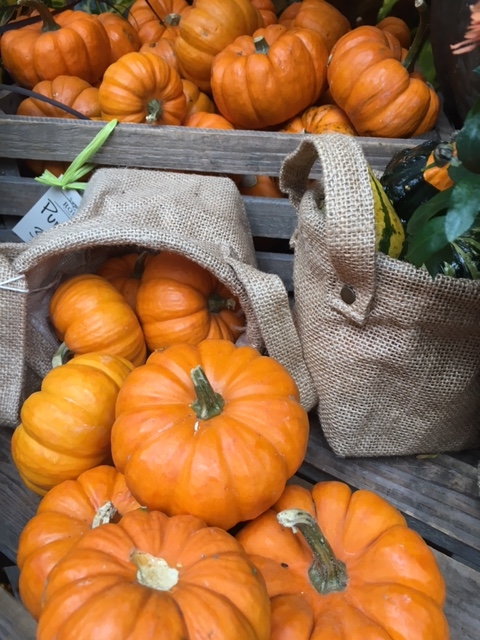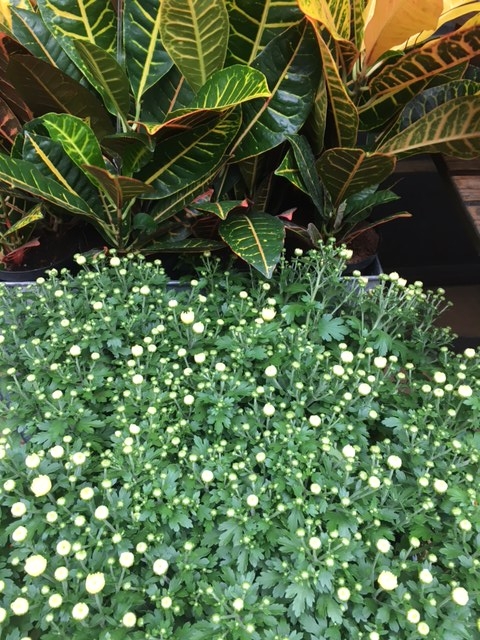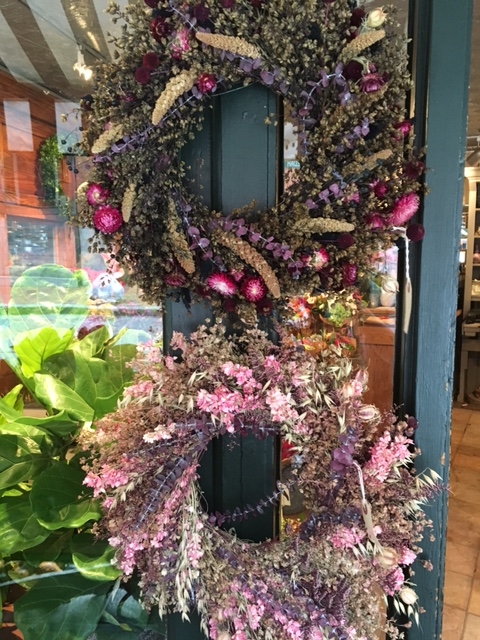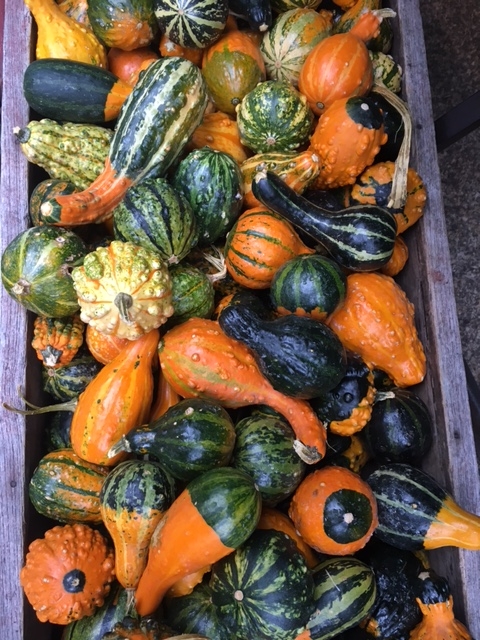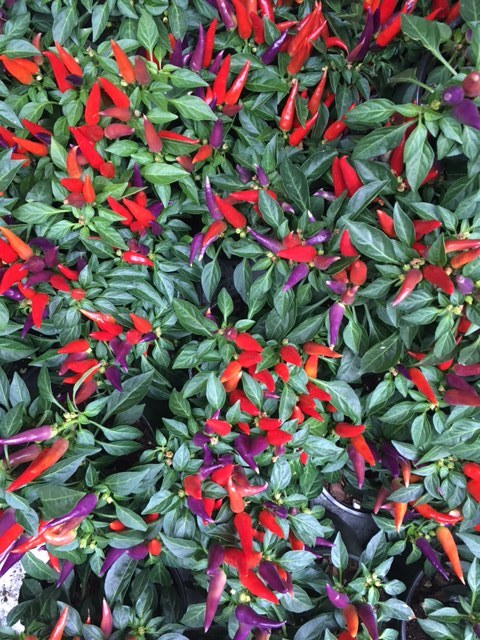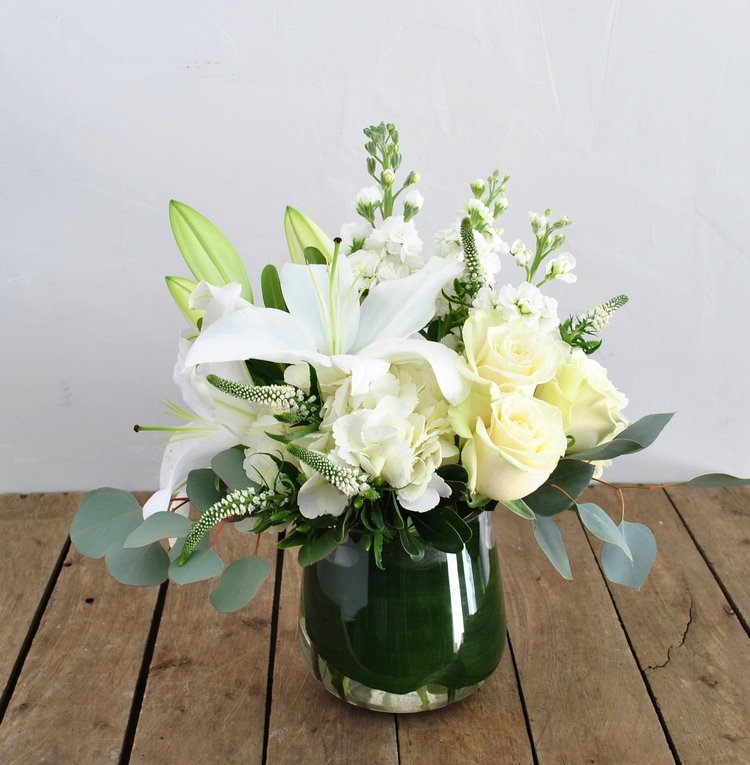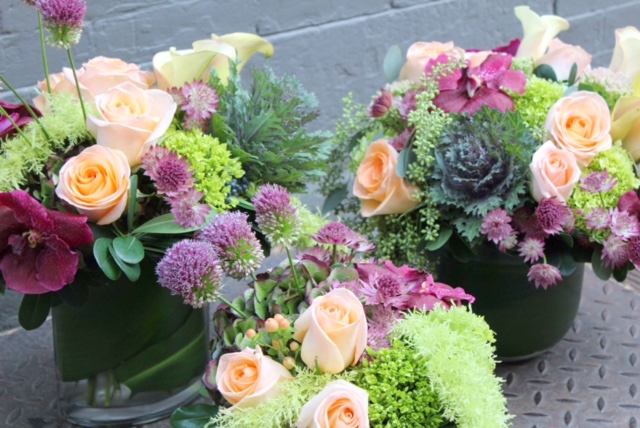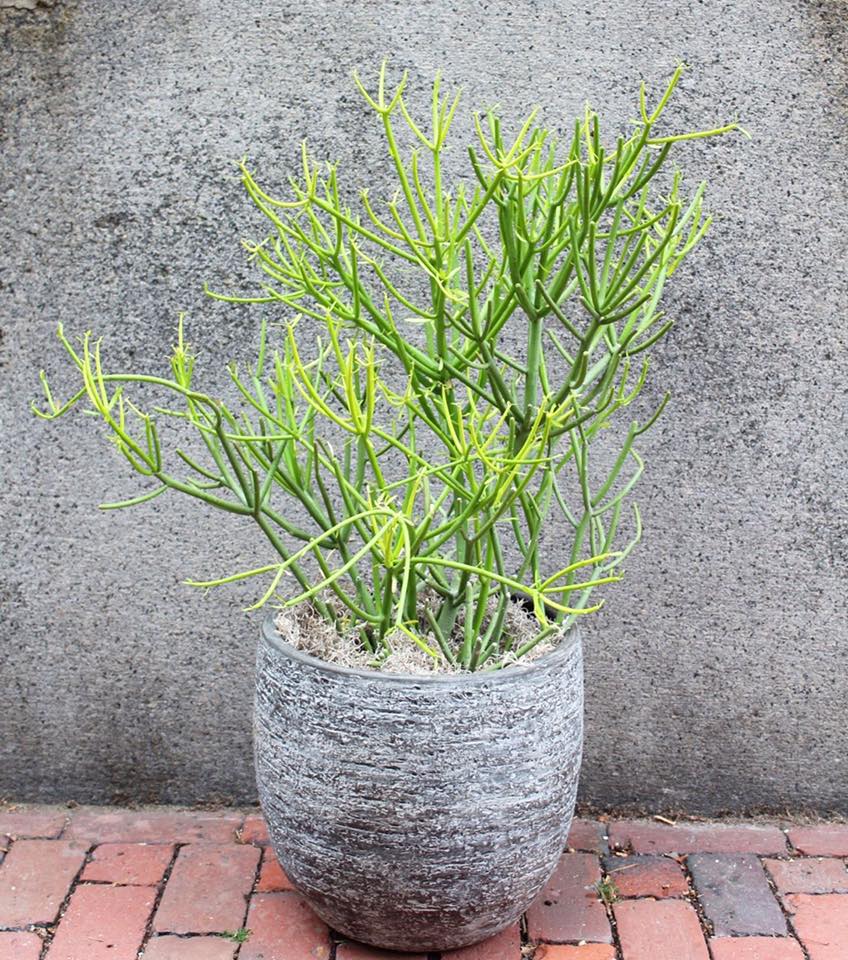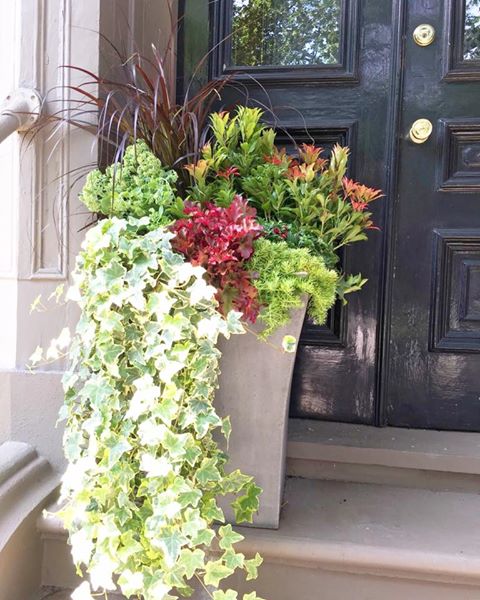90 percent of fall crop damaged; overall Florida agricultural losses top $9.6 million
If he could choose between a hard freeze and a hurricane as a threat to the delicate leaves of his money crop, fern grower David Register would go with the ice every time.
“A freeze you can try to prevent,” said Register, standing amid damaged shade houses and plants on one of the fields owned and operated by his family for five generations in northwest Volusia County. “There's no defense against a 100-mph wind.”
Tropical-storm-force winds and hurricane gusts from Hurricane Irma damaged 90 percent of the fall crop of ornamental foliage that had been ready to harvest in the area's fern industry, said Register, executivevice-president of FernTrust Inc., a cooperative of 13 family-owned fern farms in Seville, Pierson and unincorporated areas of northwest Volusia. In all, Irma inflicted $9,689,700 in agriculture, fernery and foliage damage in Volusia County, according to the county property appraiser's office.
The storm hit at a crucial time, Register said, as growers typically begin harvesting and shipping ferns and Christmas greens used for foliage bouquets, garlands, wreaths and other displays during the holiday season that starts with Thanksgiving. It's one of the two busiest times of the year, Register said.
“You grow this stuff all year long for the one holiday,” Register said, brushing his fingers against the brown tip of a leaf burned by Irma's high winds. “It's not like you sell a lot of this stuff the rest of
the year, so it's a significant impact.” Nearby, workers toil quickly to pick as many of the plants that can be salvaged, wrapping them in bundles that are deposited into small metal trailers to be towed to the cooperative's packing house, where electricity was restored only in recent days, Register said. There, the ferns are cooled in tanks of water before being moved to the refrigerated warehouse to be arranged, boxed and shipped.
The fern business in Volusia County — on FernTrust's 350 acres as well as farms owned by other growers — is a worldwide industry that generates $70 million-$80 million annually, Register said.
“For our growers, it'll probably mean one-third of their income for the year will be erased,” Register said of the storm's damage. “It's going to take a while to repair.”
If repairs aren't finished soon, then growers risk missing the production period for Valentine's Day, the industry's other essential holiday business, Register said. This week, growers are torn between the competing needs of the harvest and storm renovation, with more jobs to do than workers available to do them, he said.
On Thursday, some FernTrust employees that ordinarily would be harvesting in the fields were fixing broken shade houses, Register said.
“We need to continue to sell our products to have income for repairs,” Register said. “But if you don't make the repairs, you soon won't have anything to harvest.”
Irma's damage was more painful for the growers because many had only just finished repairs from damage caused by Hurricane Matthew in October 2016, Register said.
On one field, shiny nails gleamed in the sunlight as they littered the ground. They had landed there after high winds shot them like missiles out of wooden crossbeams that supported the sheets of black plastic shading. Above, heavy strands of metal wire dangled, bent at odd, sharp angles.
“If you see this kind of cable kinked like that, you know there's been some heavy wind,” Register said.
On yet another field, strips of the black plastic had been twisted tightly around plastic sprinkler- head poles, where they occasionally had ripped the pipes apart. Elsewhere, the sheets had collapsed atop part of a field of leather leaf ferns, cutting off essential nutrients, fertilizer and pesticides.
North on U.S. Highway 17, Register's brother Jimmy Register was at the wheel of a front-loader, making mountains of debris from limbs and downed trees that had crushed the asparagus fern grown under a canopy of ancient oak trees on his 50-acre farm. When a tree is uprooted and topples, as it did during Irma, it's not easily replaced.
“The hurricane wrecked everything,” Jimmy said. “It's probably going to be three weeks cleaning it up. If we don't get things back into order by mid-October, we won't have any product for Valentine's Day, which is a huge market for flowers. You've just got to start somewhere and make progress.”
Despite the storm, the fern industry is still in business, Register said, adding that it's possible for prices to rise due to supply issues and that quality grading of some items might be less consistent for a time.
“We're still operating, that's the key,” he said. “It's important that people know we're still in business.”
http://daytonanewsjournal.fl.newsmemory.com/publink.php?shareid=196c96ac7#.Wc02Y7MsEH8.facebook

